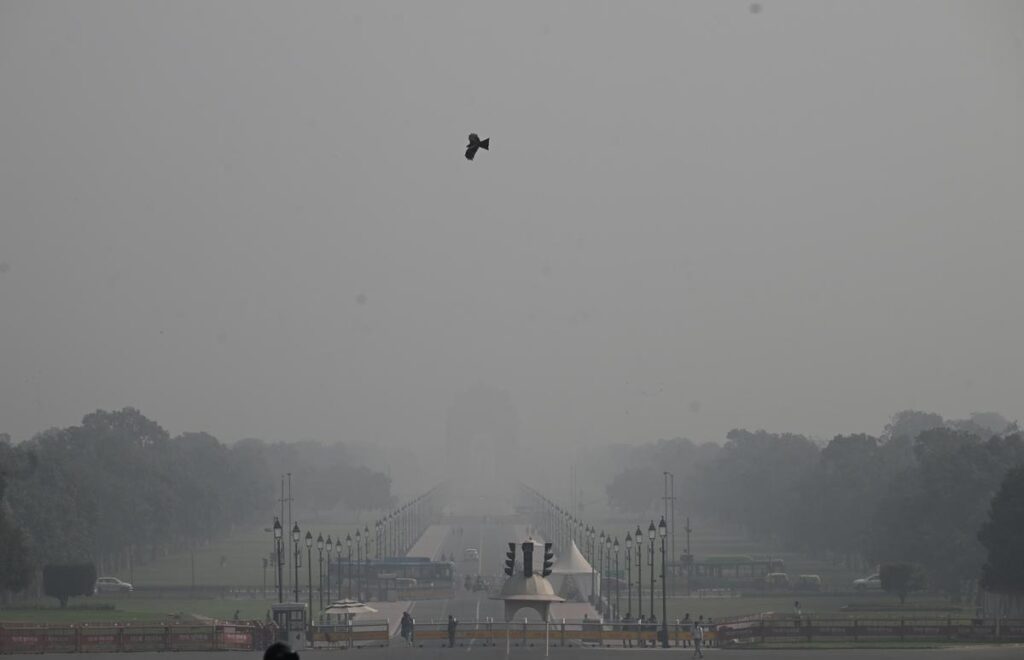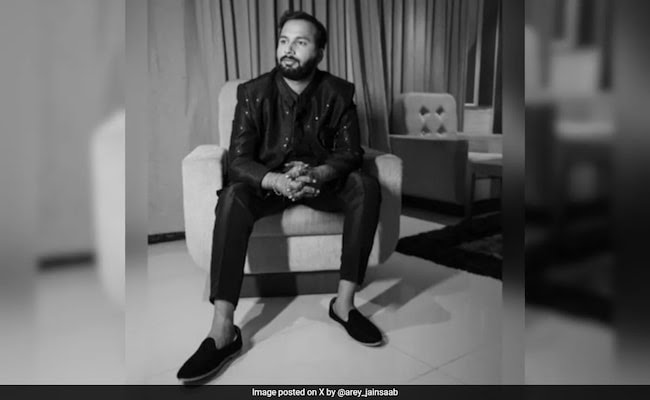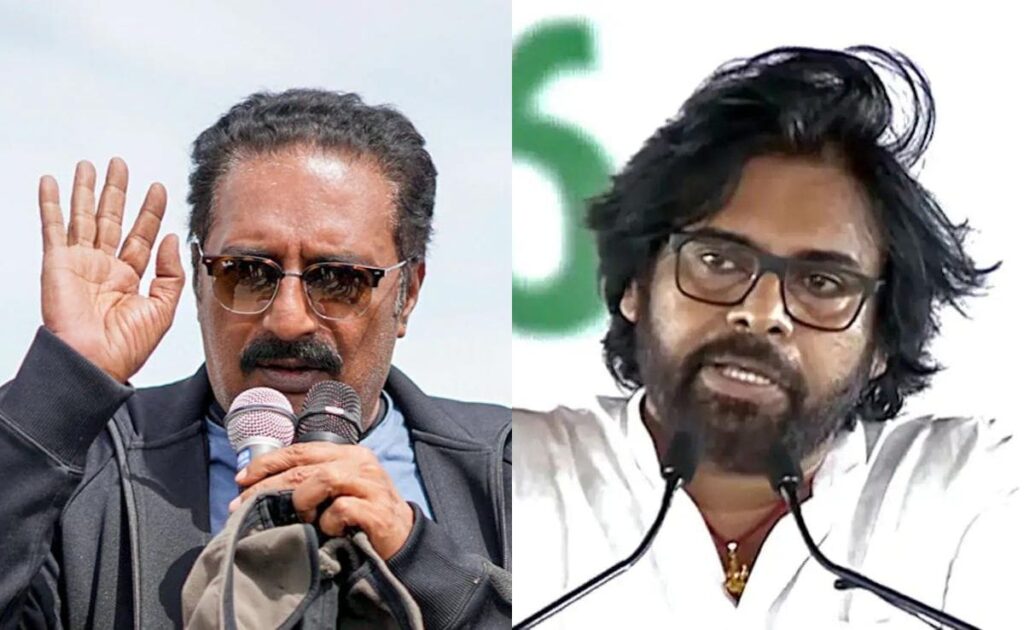
Table of Contents
The Supreme Court emphasizes that no religion supports pollution-promoting activities. It directs strict enforcement of the Delhi firecracker ban to safeguard public health.
Supreme Court announces Delhi firecracker ban
The Delhi firecracker ban became a critical discussion in the Supreme Court as the justices criticized authorities for lax implementation. The court emphasized that public health is a fundamental right and must not be compromised for cultural reasons. “No religion supports activity that promotes pollution or compromises the health of people,” the Bench asserted.
Delay in Ban Implementation
The Supreme Court questioned why the Delhi Government waited until October 14 to implement the ban despite earlier orders. Labeling the delay as an “eyewash,” Justices Abhay S. Oka and Augustine George Masih criticized the Delhi Police for failing to act decisively, only seizing raw materials instead of cracking down on firecracker sales.
Directives for Effective Enforcement
To ensure compliance, the Bench instructed the Delhi Police Commissioner to form a dedicated cell to enforce the ban. It also demanded an affidavit detailing the steps taken to prevent firecracker sales and manufacture in the city. The court has asked the government to consider a permanent ban by November 25 after consulting stakeholders.
Protecting Fundamental Rights
The court reiterated the fundamental right to live in a pollution-free environment under Article 21 of the Constitution. The Delhi firecracker ban highlights the importance of balancing cultural practices with the urgent need to reduce pollution.

